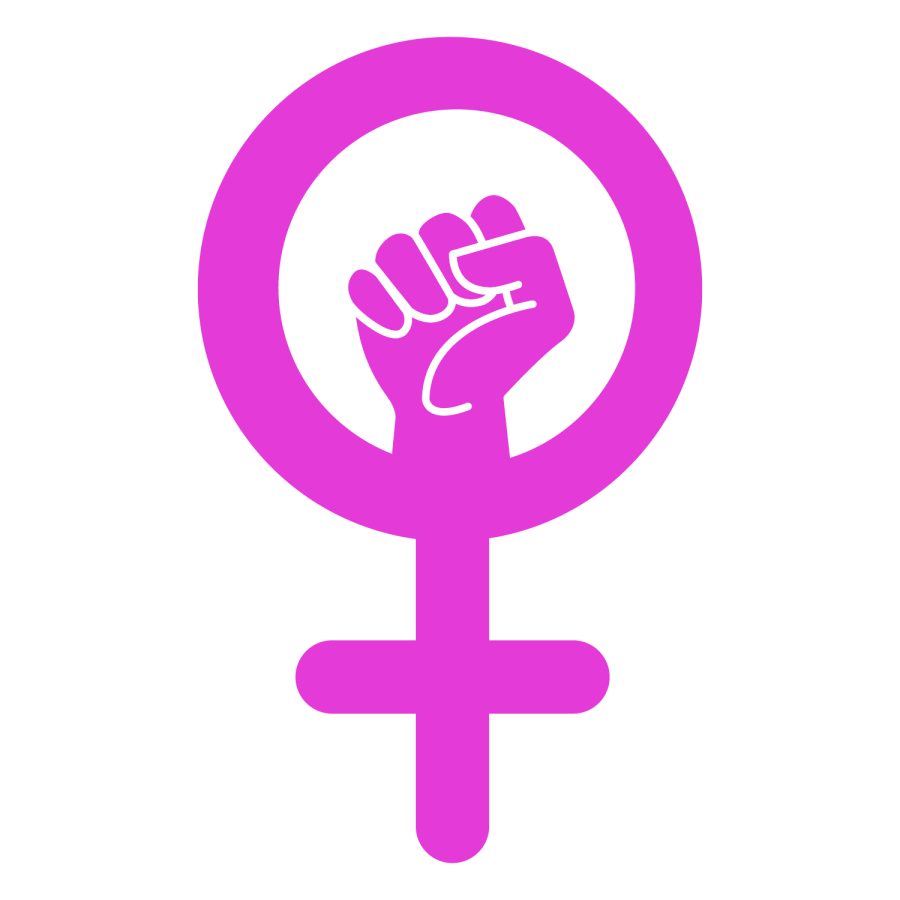Feminist Round Table: Feminist History Month
Importance of Activism and Involvement
On Wednesday, Oct. 6, the Doyle Center hosted another roundtable discussion. The topic was feminist history, and there was quite a bit to talk about, not just of the past 100 or so years, but in recent months as well. The main idea that held throughout the whole discussion was that of activism and how we as a community can participate and facilitate it more, to see more change in our society.
To start the meeting, the few that were there shared their names and some thoughts they had about feminism; how it is depicted in the media; and how it has been depicted in the textbooks they read in their youth and in the books and articles that have come to their attention as they form their own thoughts and beliefs. These topics were a major part of the discussion. People are influenced at a very young age by what they read and what they are taught in schools and by their parents. With this thought, one participant brought up how the textbooks are written by the “winners” of history and how they leave out important details that don’t align with their ideology. Another participant asked, “How are we supposed to trust history, then?”
A participant wondered, “Are we to just blindly trust the people that have written history books and written letters that other historians’ base new findings on? Is this how we, as a country, take information at face value?”
The group brought attention to how controversial the feminist movement was, in respect to Black women’s participation in the women’s suffrage movement. Beck Hanner brought up their experience with a recent march held in Madison. They said the experience was interesting, as there was a split of the participants. The ideals of the two attending activist groups didn’t align with each other, as one group felt like they weren’t being included to the fullest extent they could.
This division of groups advocating for the same issues is part of the problem the U.S., as a country, are struggling with. If groups claiming to advocate for a cause aren’t advocating for all that are affected by the cause, what is the point? The Missouri Foundation for Health defines advocacy as “any action that speaks in favor of, recommends, argues for a cause, supports or defends, or pleads on behalf of others.”
“The participation of generations of women and men in the fight for equal rights has been documented and retold as a way to educate and inspire youth to rise and fight for what they believe is right. There will always be groups that oppose the advancement of movements based on the ideals that they were taught as children and young adults,” another participant voiced.
With the gender equity courses and other classes taught at institutions that focus on the different aspects of cultures, histories and even folklore dedicated to women leaders and the idea that certain cultures believe that there is more than one gender, it’s hard to believe that people just ignore or throw away that information based on biased, outdated thoughts that one gender or race is better than another. This was the most prevalent discussion point, and many voiced the desire for further discussion, because they ran out of time.
The discussion came to an end, and many voiced their appreciation for being able to participate in a discussion and learn about other ideas and experiences in advocating for what they believe in.




